Tuskegee University Returns Home Games to Campus

Washington Field at Tuskegee University, Photo Credits Cascade Publishing House
Many of the happiest days of my life are moments spent on a baseball diamond. Mostly sandlots: sometimes cow pastures turned into a ball field for Sunday baseball outings, some with meticulously kept lawns, and some in the oldest minor league ballpark in America, Luther Williams Field, in Macon, Georgia.
At least 365 of those happy days were spent on Washington Field, essentially a sandlot, on Tuskegee University’s campus. In the early 1970s, I patrolled all three outfield positions for the Golden Tigers, ending my collegiate career with a .1000 fielding percentage and still bearing the scar from a strawberry on the left hip I earned performing a fadeaway slide on the hard surface around home plate.
Like me, Reggie Hollins, Head Baseball Coach at Tuskegee, played home games during his collegiate career at the field named for the university’s first head baseball coach, James Washington, the brother of the school’s celebrated first principal Booker T. Washington.
In 2011, Hollins’ first year as an assistant baseball coach at Tuskegee, the university played its last home game at Washington Field. The playing surface had become so deplorable from tailgaters using it during the annual fall homecoming football game. The school opted to schedule its home games 35 miles away in a minor league ballpark in Montgomery, Alabama. That was until yesterday, February 27, 2021, the day that Hollins brought the game of baseball back to the hallowed grounds of Tuskegee Institute, Alabama.
When legendary head baseball Coach James Knight passed in 2014, I sat in the Tuskegee Chapel with Head Baseball Coach Montress Kirby and his two assistants Reggie Hollins and Danny Barnes during Knight’s memorial service. We talked about the need to end the tailgating on the field during homecoming and dreamed of bringing home games back to campus.
In July 2016, Hollins was named Head Baseball Coach. Immediately he took two steps to improve the baseball program.

The clip on Coach Hollins’ shoe says “God Never Fails.” With this faith Hollins undertook to restore Washington Field to her former luster. Photo Cascade Publishing House
First, he announced an alumni classic ball game during homecoming week. Following that game, Hollins had his team and the returning baseball alumni gather in a circle around the pitcher’s mound. He asked each person to look to their left and their right, then said, “Now you know each other. I brought you all together so you could get to know each other.” Looking in the eyes of the alumni, he said, “We need your help to turn this program around.”
Secondly, Hollins restricted parking on the baseball field during homecoming or at any time. He reclaimed his battered and worn field, but with a dream to restore her to the regal heights she held when James Washington laid the foundation for a baseball diamond at Tuskegee.
Hollins, perhaps, harkening to the ever-present silent voice of Booker T. Washington, which continues to guide things on campus, to “cast down your bucket, where you are,” took this sage advice and lowered his bucket into the Washington Field Renovation Project. According to the Tuskegee website, he “raised $200,000 in donations for a six phases renovation project. Final touches included the Atlanta Braves gifting a full weather protectant field tarp, a 2020 John Deere Gator for field upkeep, and a brand new LED scoreboard from Coca-Cola United.”

Charesse Johnson taping the injured wrist of Pitcher Tyler Baker, Photo Credits Cascade Publishing House
“It’s good to be back home,” said two-year athletic trainer Charesse Johnson from Birmingham, Alabama. Johnson, a biology major, plans to enroll at the University of Alabama-Birmingham after graduation.

Tyra Simien icing the leg of Tuskegee pitcher Savontae Williams who took a line drive off his shine, Photo Cascade Publishing House
Athletic trainer Tyra Simien, a senior psychology major with plans to earn an advanced degree in Sports Psychology after graduation, said, “It’s just a good feeling to play home games on campus. The players on the team are good people, they create a good atmosphere, and the coaches are good to work with; they make it easy for us to help the athletes.”
“It means everything to play home games on campus,” Hollins said, then added, “I hope the guys appreciate they have a home turf to defend, and it will translate into pride in what we do.”
The game, oh man, what a game!

From L-R Russell Coleman, Ronald McGhee, Savontae Williams, and Richard Smith. Photo Cascade Publishing House
The two HBCUs played the game in front of 200 students and school officials. The public, including the ballplayers’ parents, were not allowed into the venue due to COVID-19 restrictions. Those restrictions were put in place by the administration to protect the campus community. Students were only allowed in at the last minute, after interest in watching the first baseball game on campus in 10 years increased. The university test two times a week for COVID-19.
To gain press credentials to cover the event, I had to fill out a COVID-19 certification affirming I had not had any of the known symptoms of the virus or been around anyone in the past 14 days who had it or the accompanying symptoms.
Tuskegee, ever mindful of the Tuskegee Syphilis Study’s mishaps in the last century, has managed the pandemic better than most educational institutions. They are running a tight ship to keep the virus out of the campus community, to keep the students and staff safe, and to reclaim their integrity as a top-notch research institution.
The game played on this historic day was a see-saw battle against two of the nation’s premier Historically Black Colleges and Universities, Talladega College founded in 1867 versus Tuskegee University founded in 1881. And while the occupants of the dugouts were primarily African diasporic, there was little English spoken in the Talladega dugout, except that from the Head Coach Marcos Dominguez when speaking with someone from Tuskegee.
Trailing 5–4 in the final inning, Tuskegee staged a rally when Ron McGhee, a senior engineering student from Atlanta, Georgia, smashed a single. There was a runner on first, which sent the base runner to third. Now with runners on the corners, Coach Hollins pulled McGhee for a pinch-runner. Hollins then went into his bag of tricks. He signaled for a delayed steal by the runner on first, who promptly got into a rundown attempting to draw a throw to advance the runner on third. If successful, this maneuver would have tied the game. But the Talladega pitcher did not want to play this cat and mouse game. He allowed the runner to advance from first to second essentially uncontested. Now, with two runners in scoring position, senior outfielder Caleb Nelson, a chemical engineering student from Detroit, Michigan, sauntered to the batter’s box.

Caleb Nelson
Like McGhee, before his heroics, Nelson was hitless for the day. He timed a fastball and drilled it into right field for a single, both runners scored, and the Tuskegee dugout erupted in joy and laughter. The stands went wild too, and just like that, Hollins had brought baseball back to where it was first played in 1893 and crowned it with a scrappy one-run comeback walk off victory.
Harold Michael Harvey is the Living Now 2020 Bronze Medal winner for his memoir Freaknik Lawyer: A Memoir on the Craft of Resistance. He is the author of a book on Negro Leagues Baseball, The Duke of 18th & Vine: Bob Kendrick Pitches Negro Leagues Baseball. He writes feature stories for Black College Nines. Com. Harvey is a member of the Collegiate Baseball Writers Association and a member of the Legends Committee for the National College Baseball Hall of Fame. Harvey is an engaging speaker. Contact Harvey at [email protected]

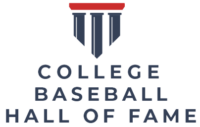
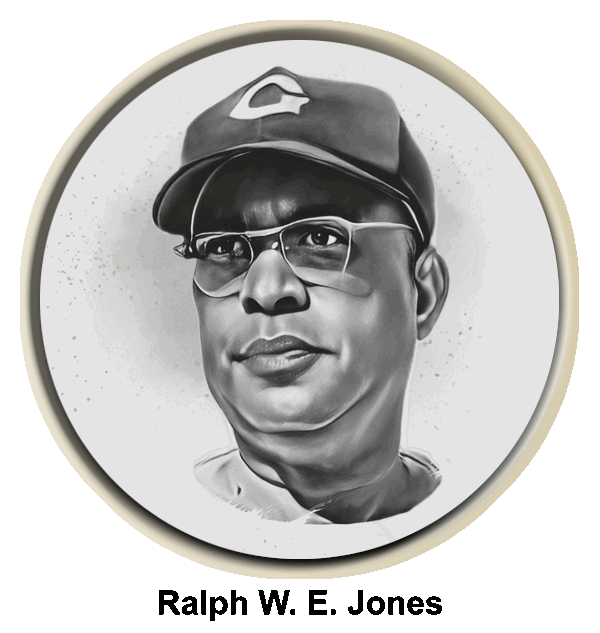






















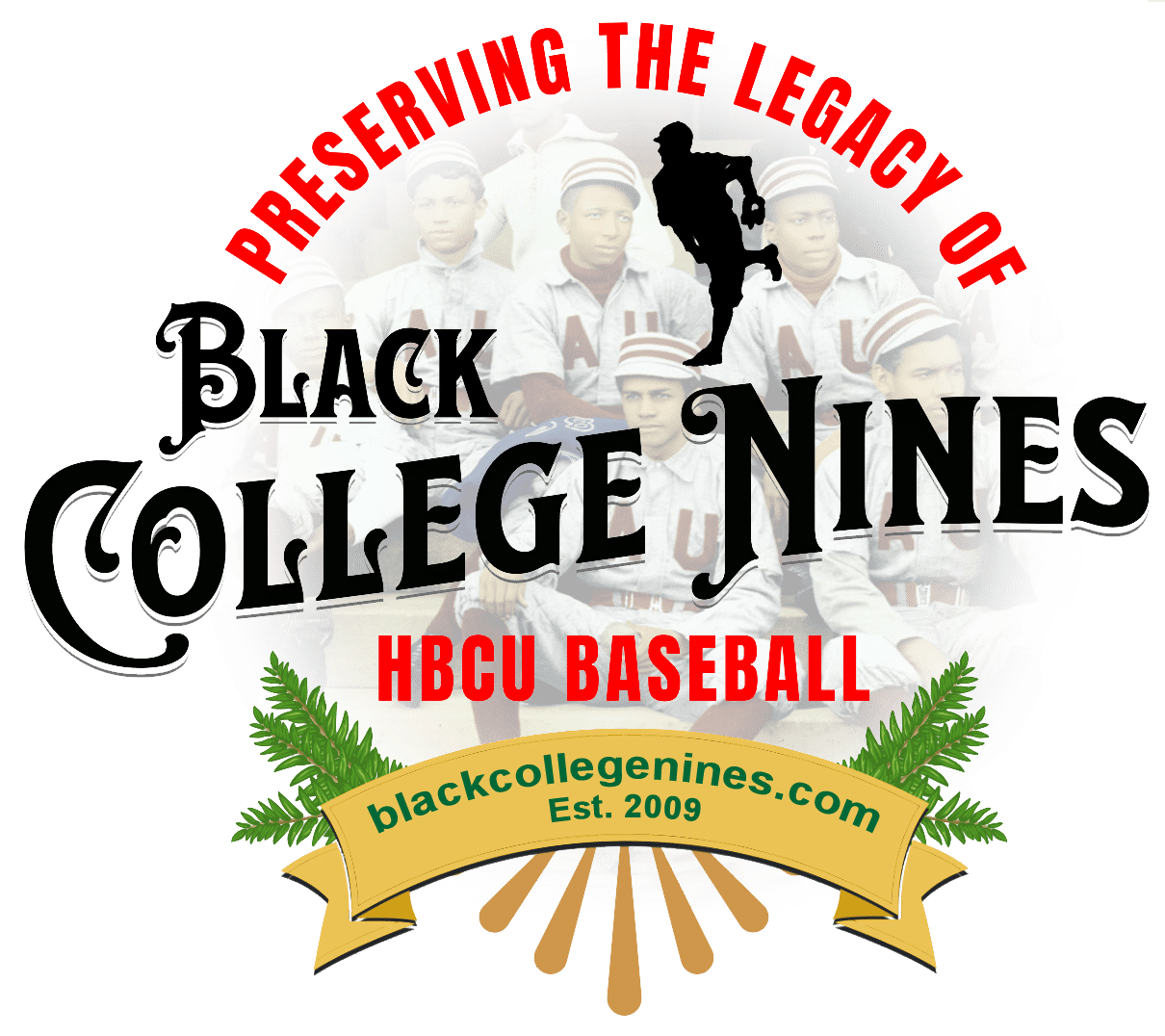







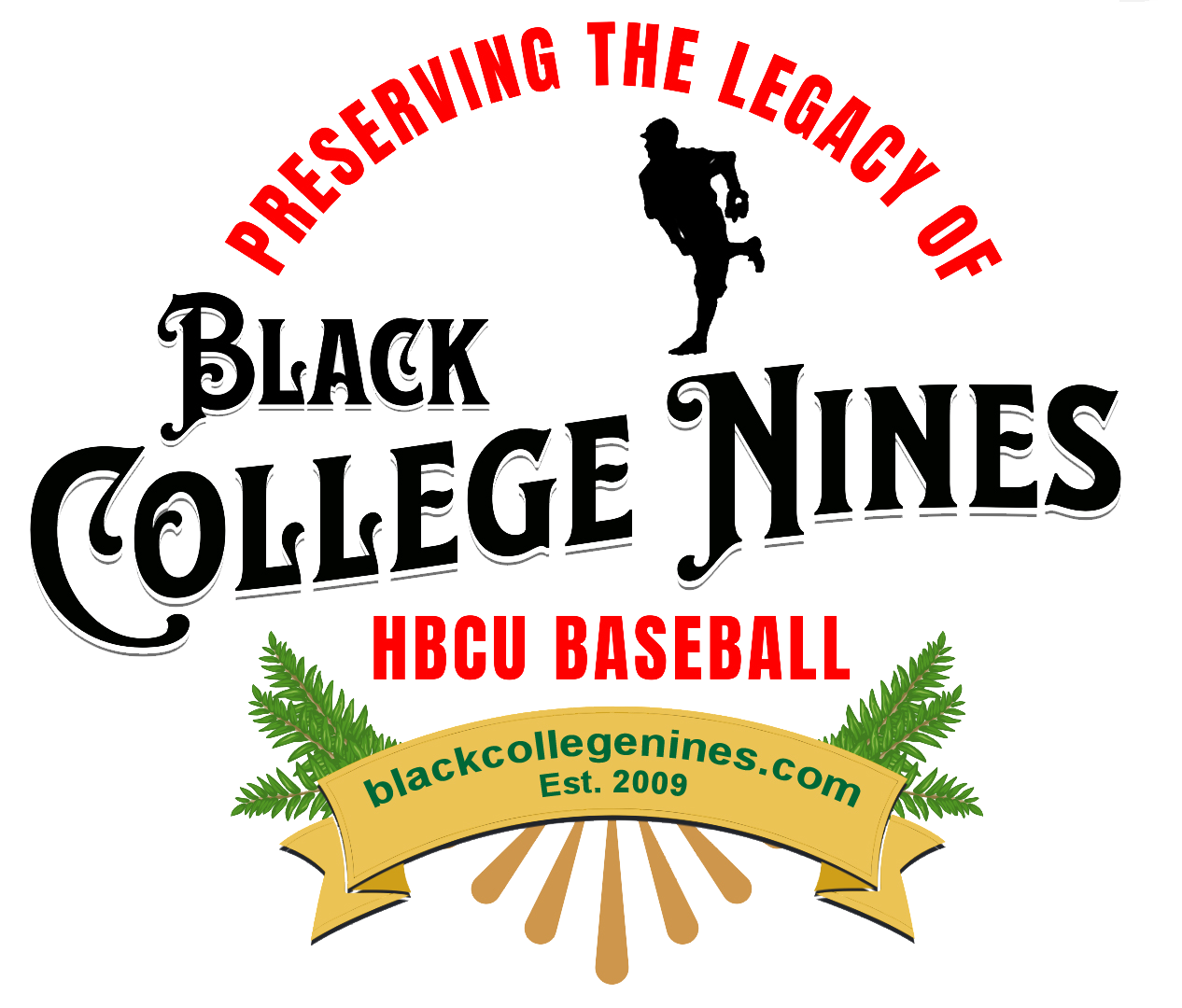
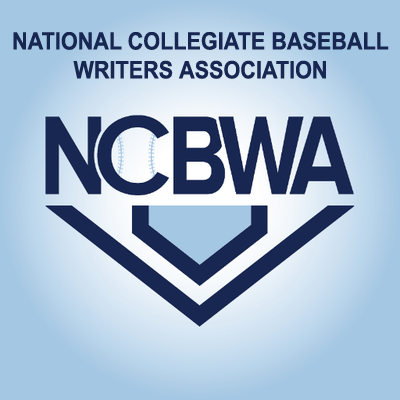
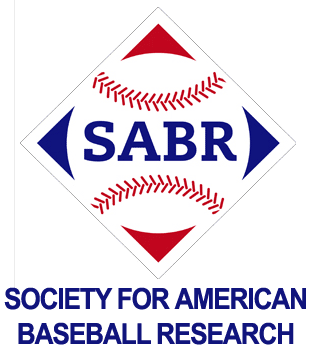


Mrs. Ruffin-Smith, I regret the mistake in your son’s last name. Also, Dr. Smith’s cousin LaBarron Smith was my baseball teammate at Tuskegee. Glad to see that Richard is keeping the great baseball tradition alive in the Smith family.
Demarish Ruffin-Smith… corrected. Sorry for the error in identification.
Bob Broughton… agreed!
Tuskegee’s unis look cool.
Nice article. Great pics. You identified one of the hound men standing for the pledge as “Richard Coleman”. His name is Richard “Smith”.
I’m his mother